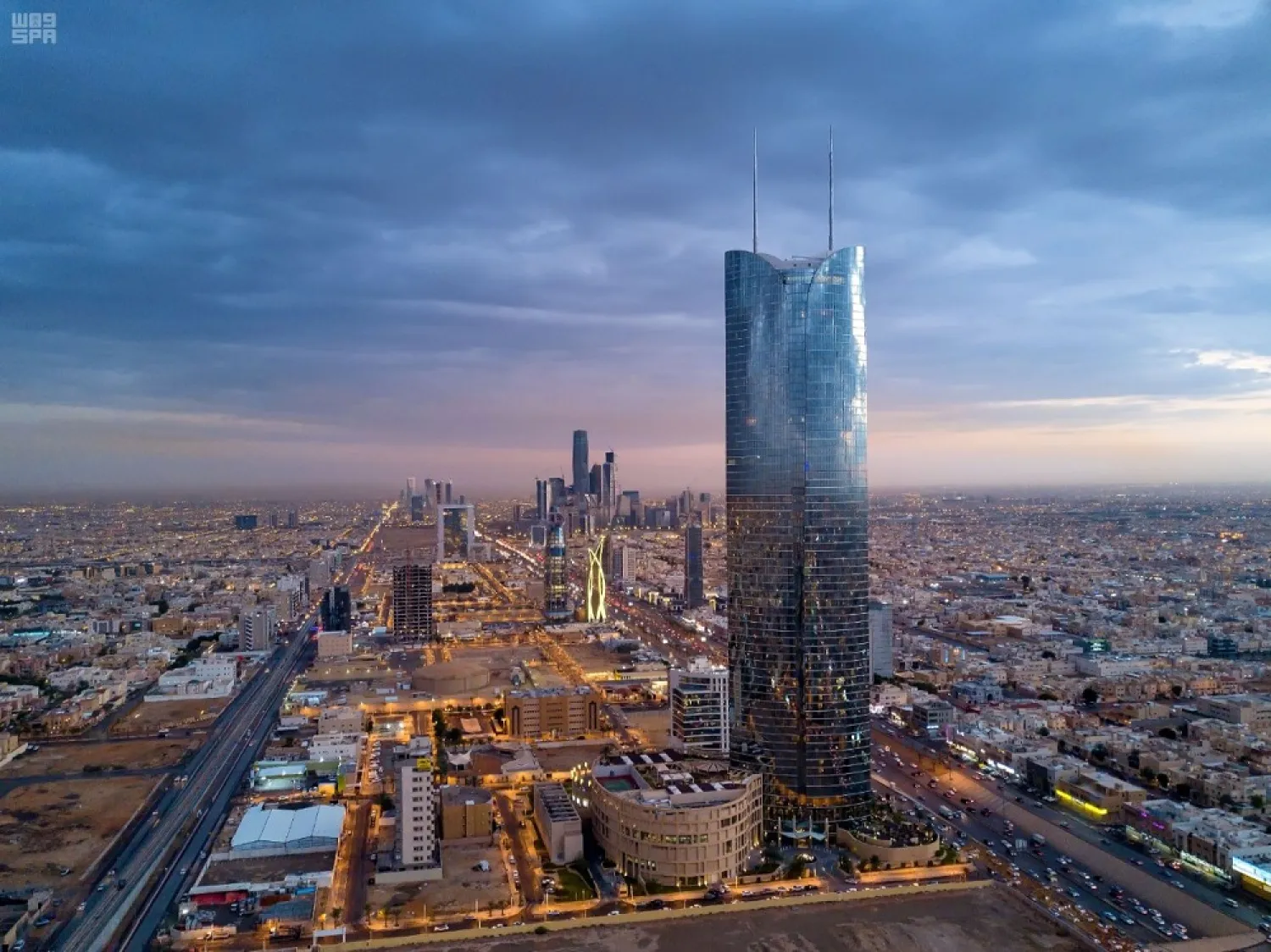A Saudi official confirmed that the Kingdom will kickstart meetings on Wednesday for the G20 after it assumed the presidency of the world’s most economically powerful group of nations.
The number of meetings is set to reach about 140, in addition to workshops, conferences and forums on the sidelines.
Fahd Al-Mubarak, minister of state and a member of the Saudi Council of Ministers, said that the meeting on Wednesday will be followed by sessions bringing together the representatives of finance ministries and of central bank governors.
These meetings are part of a series that will go on until the G20 summit is held in November 2020.
Al-Mubarak, who has been secretary-general of the G20 Saudi Secretariat since 2017, said that the number of meetings totals around 80 for state representatives and around 60 for civil organizations.
On the challenges and constraints facing the G20, Al-Mubarak said: “There are many challenges, which existed for years, in the field of economy and society and from global trade to climate change, and the use of the Internet and cybersecurity, privacy and information flow, to combat money laundering.”
Speaking during the Saudi Media Forum, he said that the G20 is the premier forum for international economic cooperation and gathers the leaders of the largest economies of the world to discuss financial and social issues.
The minister said Saudi Arabia has been a member of the G20 since its founding in 1999. He added that the organization is crucial for the discussion of policy pertaining to the promotion of international financial stability and that the Saudi Vision 2030 reform plans work in the same direction.
Saudi Arabia on Sunday became the first Arab country to assume the G20 presidency, taking over from Japan, which Al-Mubarak described as a “very important development.”
The presidency will see the Kingdom host world leaders for a global summit in Riyadh between November 21 - 22, 2020.
The Saudi presidency will focus on three aims: Empowering people through improving working conditions, safeguarding the planet by fostering collective efforts on food and water security, climate, energy and the environment, and long-term strategies to share the benefits of innovation and technological advancement.









